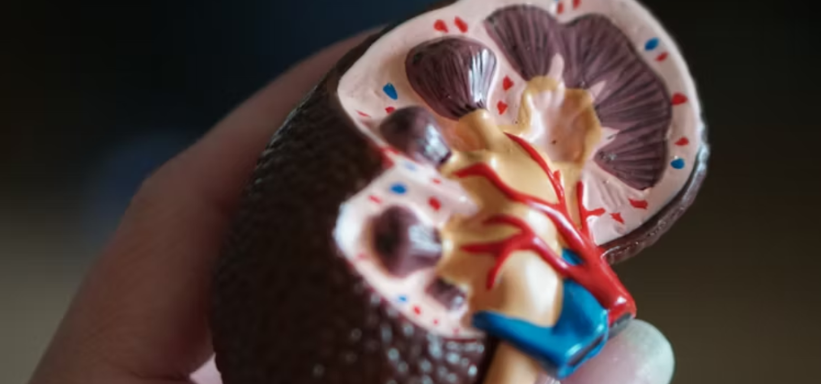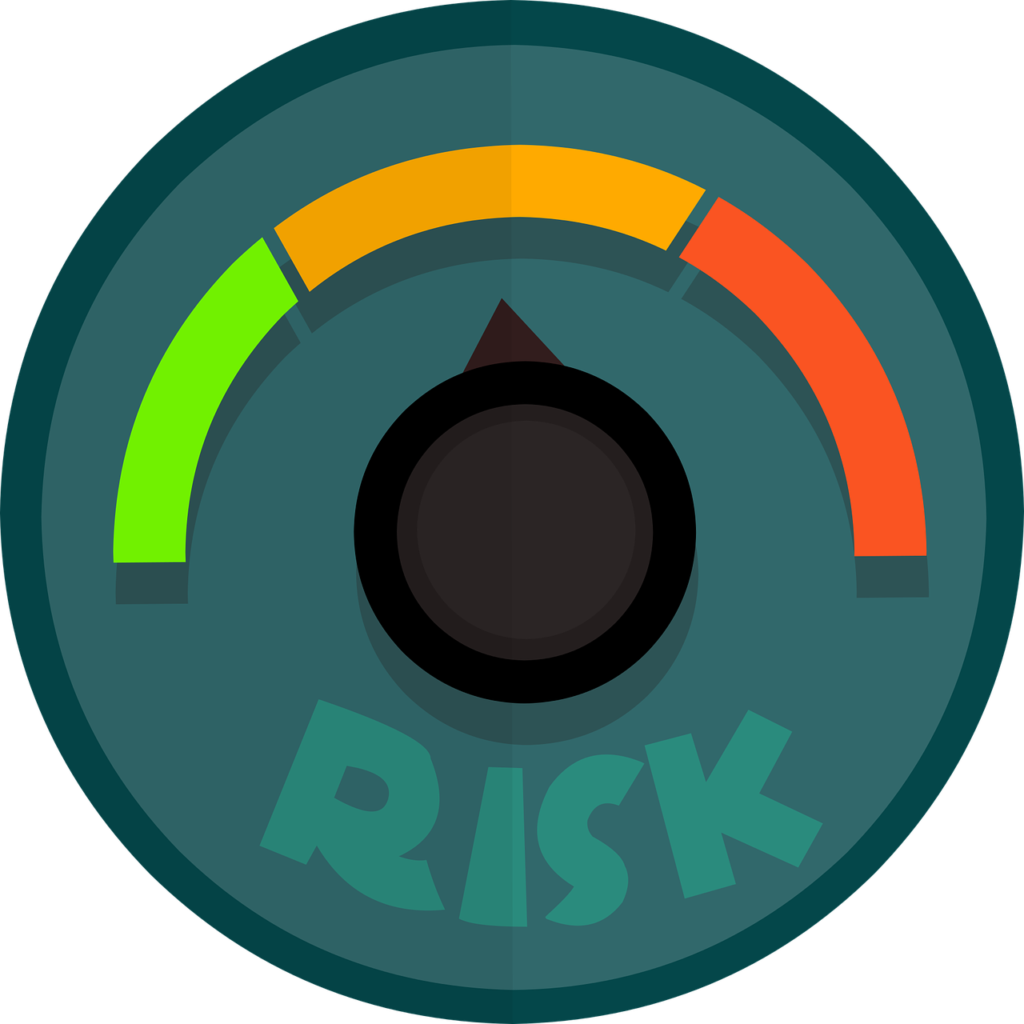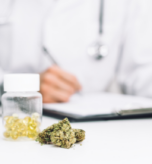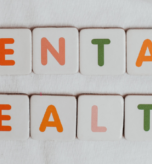Your Kidneys Work Hard—Are You Taking Care of Them?
Most people don’t think about their kidneys until something goes wrong. But these two bean-shaped organs work 24/7, filtering about 50 gallons of blood every single day. They remove toxins, regulate fluids, balance electrolytes, and even help control blood pressure. Despite all this hard work, kidney health is often overlooked—until symptoms appear.
The scary part? Kidney disease can go unnoticed for years. By the time symptoms become obvious, significant damage may already be done. That’s why understanding kidney function and making small lifestyle changes can make a huge difference in preventing kidney problems before they start.

The Role of the Kidneys in Your Body
Your kidneys do more than just produce urine—they play a key role in:
✔ Filtering waste from your blood
✔ Regulating fluid levels to prevent dehydration or swelling
✔ Balancing electrolytes (like sodium and potassium)
✔ Controlling blood pressure through hormone production
✔ Supporting bone health by regulating calcium and vitamin D
✔ Helping create red blood cells to prevent anemia
These functions keep every part of your body running smoothly—from your heart and brain to your muscles and digestive system.
How Your Kidneys Filter and Eliminate Waste
Your kidneys act like high-tech filtration systems inside your body. Here’s how they work:
- Blood enters the kidneys through arteries.
- Tiny filters (nephrons) remove excess fluid, waste, and toxins.
- The filtered blood returns to circulation, while waste is sent to the bladder as urine.
Over time, unhealthy lifestyle habits can weaken this filtration system, leading to buildup of toxins in the bloodstream, which can cause fatigue, swelling, and serious organ damage.
The good news? Kidney health is in your hands! Simple habits like staying hydrated, eating a kidney-friendly diet, and avoiding excess salt and alcohol can help protect your kidneys for life.
Daily Habits for Healthy Kidneys
The Importance of Staying Hydrated
One of the easiest and most effective ways to maintain kidney health is by drinking enough water. Proper hydration helps the kidneys flush out toxins, excess salts, and waste materials from the bloodstream. Without enough water, these substances can accumulate, leading to kidney stones and infections.
The general recommendation is to drink four to six glasses of water per day, but this amount varies based on individual factors such as age, activity level, and overall health. Those with kidney disease may need to adjust their fluid intake based on their doctor’s advice.


Tips for proper hydration:
- Sip water consistently throughout the day rather than consuming large amounts at once.
- Choose plain water over sugary drinks, caffeine, or alcohol, which can dehydrate the body.
- Pay attention to urine color—pale yellow typically indicates good hydration, while dark yellow or amber suggests dehydration.
Managing Blood Pressure and Heart Health
High blood pressure is one of the leading causes of kidney disease, as it forces the kidneys to work harder to filter the blood. Over time, this extra strain can damage the small blood vessels in the kidneys, reducing their ability to function properly.
To protect kidney health, it’s crucial to:
- Monitor blood pressure levels regularly and aim for readings below 120/80 mmHg.
- Reduce salt intake, as sodium can contribute to high blood pressure and fluid retention.
- Incorporate heart-healthy foods, including leafy greens, whole grains, and lean proteins.
- Engage in regular physical activity, such as walking, jogging, or yoga, to improve circulation and reduce stress on the kidneys.
Why Smoking and Alcohol Harm Kidney Function
Smoking damages blood vessels throughout the body, including those in the kidneys. It reduces blood flow to the kidneys, hindering their ability to filter waste effectively. Additionally, smoking has been linked to an increased risk of kidney cancer.
Similarly, excessive alcohol consumption can lead to dehydration, high blood pressure, and liver dysfunction, all of which negatively impact kidney health. While moderate alcohol consumption may not pose a severe threat, heavy drinking significantly increases the likelihood of kidney-related issues.

Key takeaways:
- Quit smoking to improve kidney function and overall health.
- Limit alcohol intake to no more than one drink per day for women and two drinks per day for men.
- Seek professional help if smoking cessation or alcohol reduction is challenging.
The Best Diet for Kidney Health
Foods That Support Kidney Function
A well-balanced diet plays a crucial role in keeping the kidneys functioning properly. Some foods provide essential nutrients while reducing strain on the kidneys.
Kidney-friendly foods include:
- Berries (blueberries, strawberries, and raspberries) – Rich in antioxidants that help reduce inflammation.
- Leafy greens (kale, spinach, and collard greens) – High in vitamins and minerals without excessive potassium.
- Fish high in omega-3s (salmon, tuna, and mackerel) – Supports heart and kidney health.
- Garlic and onions – Contain compounds that reduce kidney inflammation and improve blood circulation.
Incorporating these foods into a daily diet can help maintain optimal kidney health while reducing the risk of disease.
What to Limit: Sodium, Processed Foods, and Sugary Drinks
Certain foods and ingredients can put unnecessary stress on the kidneys, increasing the likelihood of kidney disease and other complications.
Foods to limit or avoid:
Excessive sodium (salt) – Found in processed foods, canned soups, and fast food, sodium contributes to high blood pressure and fluid retention.
Processed meats – Bacon, hot dogs, and deli meats contain high amounts of sodium and preservatives that can harm the kidneys.
Sugary drinks – Sodas, energy drinks, and fruit juices with added sugar can increase the risk of diabetes, which is a leading cause of kidney failure.
Red meat in large quantities – Excessive protein consumption can strain the kidneys, making it harder to filter waste.
By making smart dietary choices, individuals can protect their kidney function and reduce the risk of chronic kidney disease.
Risk Factors for Kidney Disease
Who is Most at Risk?
Kidney disease can affect anyone, but certain factors significantly increase the likelihood of developing kidney-related issues.
Major risk factors include:
- Diabetes – High blood sugar damages the small blood vessels in the kidneys, leading to reduced function.
- High blood pressure – Increased pressure on the blood vessels makes it harder for the kidneys to filter waste effectively.
- Family history of kidney disease – A genetic predisposition can make some individuals more vulnerable.
- Age (60 and older) – Kidney function naturally declines with age, making older adults more susceptible.
- Obesity – Excess weight increases the risk of diabetes and high blood pressure, both of which harm the kidneys.
Understanding these risk factors allows individuals to take proactive steps to prevent kidney disease before it becomes a major concern.
The Link Between Diabetes, High Blood Pressure, and Kidney Health
Diabetes and high blood pressure are the two most common causes of kidney disease. When blood sugar remains high for an extended period, it damages the filtering units in the kidneys, making it difficult for them to function properly. Similarly, high blood pressure weakens kidney blood vessels, reducing their ability to filter waste.
Ways to lower the risk:
- Maintain healthy blood sugar levels through diet and exercise.
- Control blood pressure with a heart-healthy diet and lifestyle.
- Schedule regular check-ups to monitor kidney function, especially for those with a family history of kidney disease.
By managing diabetes, hypertension, and lifestyle choices, individuals can significantly reduce their risk of kidney disease.

Warning Signs of Kidney Disease
Kidney disease often develops silently, with symptoms appearing only in the later stages. Recognizing early warning signs can help prevent further kidney damage and improve overall health outcomes.
Fatigue and Trouble Sleeping
When the kidneys fail to remove toxins efficiently, waste builds up in the bloodstream. This can lead to:
- Persistent fatigue and weakness
- Difficulty concentrating
- Sleep disturbances, including insomnia and restless leg syndrome
Changes in Urination Patterns
The kidneys regulate fluid balance, and any dysfunction can lead to:
- Frequent urination, especially at night
- Foamy or bubbly urine, indicating protein leakage
- Dark-colored urine or blood in the urine
Swelling, Puffiness, and Fluid Retention
Damaged kidneys struggle to remove excess sodium and fluids, causing:
- Swelling in the ankles, feet, and hands
- Puffiness around the eyes, especially in the morning
- Sudden unexplained weight gain due to fluid buildup
If any of these symptoms appear, it is essential to consult a doctor for further testing.
The Importance of Kidney Health Screenings
Early detection can prevent kidney disease from progressing to more severe stages. Regular screenings are especially important for those at risk due to diabetes, hypertension, or family history.
When to Get Tested for Kidney Function
Kidney screenings should be part of annual health check-ups, particularly for:
- Individuals over 60
- People with diabetes or high blood pressure
- Those with a family history of kidney disease
Common Kidney Function Tests and What They Measure
Blood Test – Glomerular Filtration Rate (GFR)
- Measures how well the kidneys filter waste
- A GFR below 60 for three months indicates kidney disease
Urine Test – Albumin-to-Creatinine Ratio (ACR)
- Detects protein in the urine, an early sign of kidney damage
- ACR higher than 30 mg/g suggests kidney dysfunction
Blood Pressure Monitoring
- High blood pressure is both a cause and consequence of kidney disease
Regular testing allows for early intervention and lifestyle adjustments to slow disease progression.
How to Prevent Kidney Disease
Preventing kidney disease involves proactive lifestyle changes to maintain overall health.

Lifestyle Adjustments to Lower Your Risk
- Stay hydrated – Drinking enough water supports kidney filtration.
- Eat a balanced diet – Reduce processed foods, excess salt, and added sugars.
- Exercise regularly – Improves blood circulation and kidney function.
- Monitor blood pressure and blood sugar levels – Uncontrolled diabetes and hypertension are major risk factors.
The Role of Medications and Supplements
- Use pain relievers cautiously – Excessive use of NSAIDs like ibuprofen can damage the kidneys.
- Limit excessive vitamin intake – Some supplements, including high-dose vitamin C or protein powders, can stress the kidneys.
- Avoid herbal supplements without medical guidance – Some can interfere with kidney function.

By taking preventative measures, individuals can reduce their risk of developing kidney disease and support long-term kidney health.
When to See a Doctor About Your Kidneys
Many people overlook minor symptoms until kidney function is significantly reduced. Knowing when to seek medical attention can prevent long-term damage.
Signs You Shouldn’t Ignore
- Persistent swelling in the hands, feet, or face
- Sudden, unexplained weight gain
- Consistently foamy or dark urine
- Severe fatigue or persistent nausea
Urine Test – Albumin-to-Creatinine Ratio (ACR)
A doctor may:
- Review medical history and risk factors
- Conduct urine and blood tests to assess kidney function
- Discuss diet and lifestyle changes
- Provide treatment options for early kidney disease
Ignoring symptoms can lead to chronic kidney disease (CKD), dialysis, or kidney failure. Seeking medical advice early can prevent irreversible damage.




